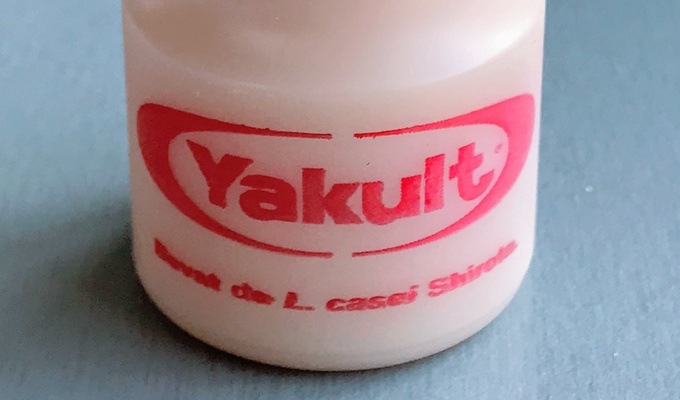Probiotics are live microorganisms promoted with claims that they provide health benefits when consumed, generally by improving or restoring the gut microbiota. Probiotics are considered generally safe to consume, but may cause bacteria-host interactions and unwanted side effects in rare cases. There is some evidence that probiotics are beneficial for some conditions, but there is little evidence for many of the health benefits claimed for them.
The first discovered probiotic was a certain strain of bacillus in Bulgarian yoghurt, called Lactobacillus bulgaricus. The discovery was made in 1905 by Bulgarian physician and microbiologist Stamen Grigorov. The modern-day theory is generally attributed to Russian Nobel laureate Élie Metchnikoff, who postulated around 1907 that yoghurt-consuming Bulgarian peasants lived longer.
A growing probiotics market has led to the need for stricter requirements for scientific substantiation of putative benefits conferred by microorganisms claimed to be probiotic. Although numerous claimed benefits are marketed towards using consumer probiotic products, such as reducing gastrointestinal discomfort, improving immune health, relieving constipation, or avoiding the common cold, such claims are not supported by scientific evidence, and are prohibited as deceptive advertising in the United States by the Federal Trade Commission. As of 2019, numerous applications for approval of health claims by European manufacturers of probiotic dietary supplements have been rejected by the European Food Safety Authority for insufficient evidence of beneficial mechanism or efficacy.
